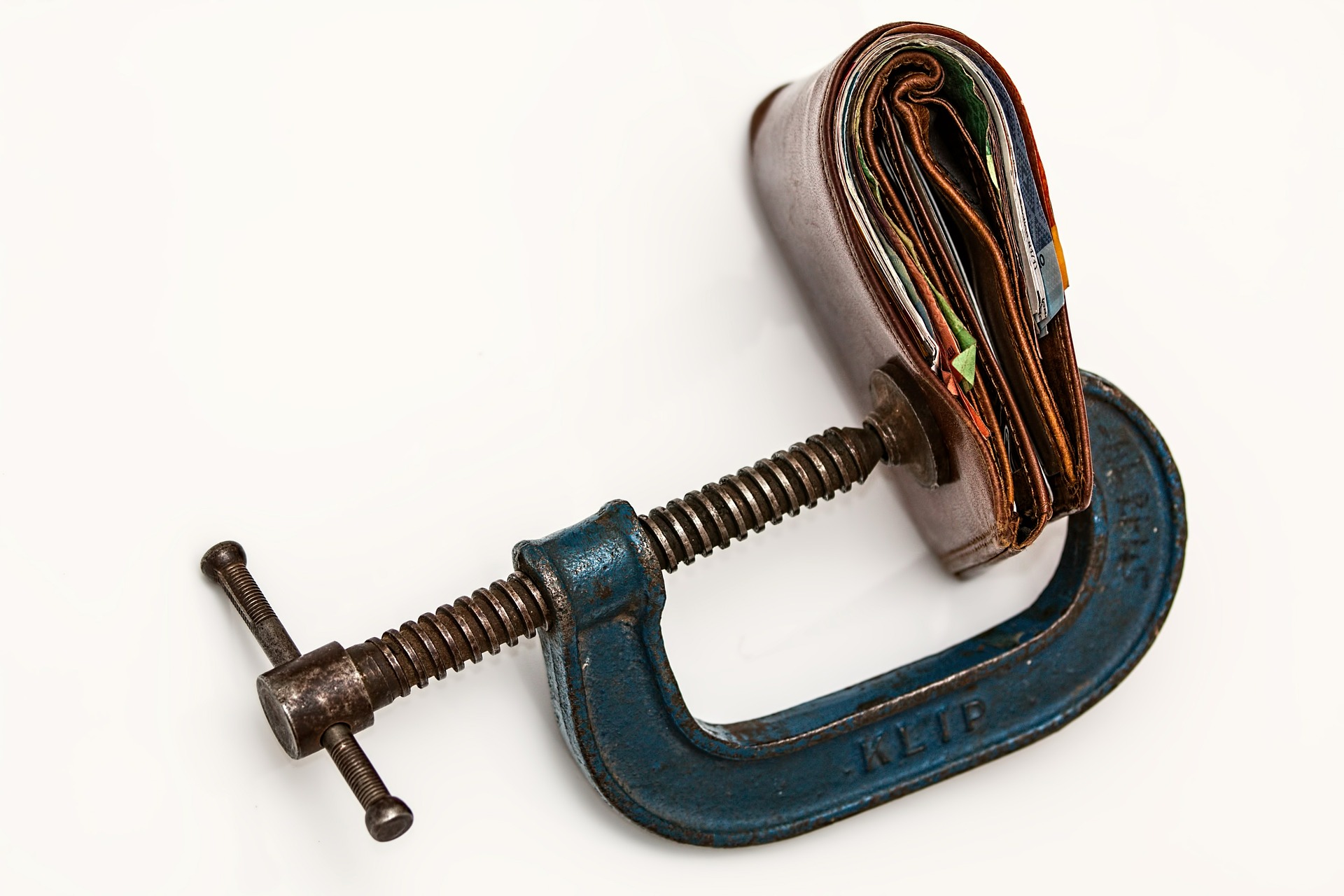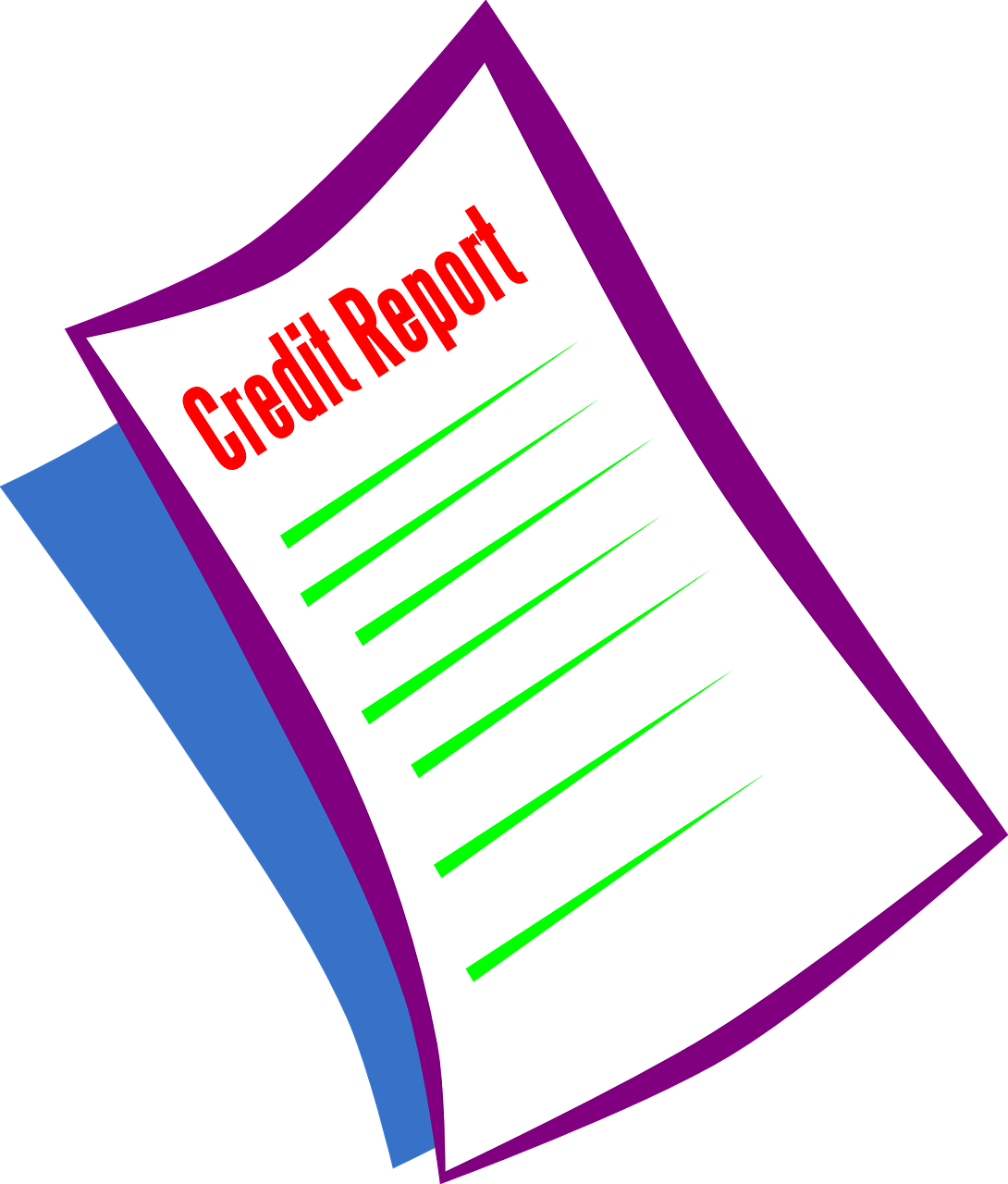 From credit cards to student loans, it’s no question that debt has played a role in our lives at some point. In fact, debt.org states that “Consumer debt reached $14.56 trillion after the fourth quarter of 2020, according to the New York Federal Reserve.”
From credit cards to student loans, it’s no question that debt has played a role in our lives at some point. In fact, debt.org states that “Consumer debt reached $14.56 trillion after the fourth quarter of 2020, according to the New York Federal Reserve.”
The good news is there are systems in place to help you get back on your feet if you find yourself drowning in unpaid bills. Debt settlement and debt consolidation are two ways you can take control of your finances. However, the benefit to you depends on your financial situation.
Table of Contents
- 1 Debt Settlement
- 2 Pros of Debt Settlement
- 3 Cons of Debt Settlement
- 4 Additional Impacts of Debt Settlement
- 5 Choose a Debt Settlement Company Wisely
- 6 Debt Consolidation
- 7 Pros of Debt Consolidation
- 8 Cons of Debt Consolidation
- 9 How Your Credit Score Can Be Impacted
- 10 When It’s Best to Choose Debt Consolidation
Debt Settlement
Debt settlement, for which you perhaps might seek the help of someone like this law firm specializing in bankruptcy here, allows you to negotiate with your creditor to pay less than the original balance. The benefit of this is obvious; you can make a smaller payment on your balance to get rid of your debt. However, it may not be the right choice for you, depending on your financial situation.
Pros of Debt Settlement
A debt settlement not only allows you to negotiate a payment less than the original balance, but it also offers many other benefits that include:
- Keeping your assets
- No more phone calls from debt collectors
- Paying all your debt in one lump sum payment
- Avoiding legal trouble
Working with a debt settlement company may be in your best interest if you are constantly behind on payments. However, it does require you to have a steady income. This allows you to put money away in savings until you have enough cash saved to make an offer to your creditors.
Cons of Debt Settlement
Although a settlement may be an excellent option for you, you should understand what to expect if you go this route. Negative consequences from debt settlements include:
- Lower credit score
- Recorded as a negative balance on your credit report
- Additional late fees during the negotiation process
- Long negotiation period (3 to 4 years)
- Fees required for the debt settlement company
One of the biggest consequences of debt settlements is the fees accrued. This, in large part, is due to the amount of time it takes to settle your debt.
Additional Impacts of Debt Settlement
Creditors will only agree to a negotiation when they believe there is no way for them to recover their assets in full. In other words, you will have to take a couple of steps backward to move forward.
While you’re saving up money to make your offer, you won’t be putting money toward your debt. That’s when late fees, interest, and additional fees to the debt settlement company begin to pile up. These are just a few of the short- and long-term effects of debt settlement.
Nevertheless, if this is the best option for you, there are ways to improve your credit score that you could try in the meantime.
Choose a Debt Settlement Company Wisely
If you decide to negotiate a debt settlement, there are things you should be aware of. Be sure to do plenty of research on the debt settlement company you decide to choose.
Don’t fall for headlines that make false claims that guarantee a particular outcome. Having good intuition and knowing a red flag when you see one is vital. A good rule of thumb is that if it sounds too good to be true, it probably is.
Don’t choose a debt settlement company that:
- Requests an upfront or down payment
- Guarantees that you’ll be protected from all creditors
- Guarantees that your credit won’t be impacted
Navigating this decision can lead you through murky waters. Understanding what debt settlements are and how they might benefit you allows you to make an informed decision for your financial future.
Debt Consolidation
Debt consolidation is useful for those who have multiple loan payments with different interest rates. It’s an approach that merges all your bills under one monthly payment, which will also give you one interest rate.
Pros of Debt Consolidation
Debt consolidation offers many benefits to you if you are juggling multiple bills at once. These benefits include the following:
- Simplifying your payments
- Cheaper payments
- Lower interest rates
- Paying off the full amount of debt rather than settling
Debt consolidation is a good option for those who have a steady income and only want to simplify the process. Multiple bills and interest rates can be stressful and unnecessary. Consolidating them will enable you to pay off debts quicker and allow you to avoid having a negative balance on your credit report.
Cons of Debt Consolidation
Although debt consolidation provides a lot of added benefits, there are still things to consider before making your decision. Here are some negative consequences of debt consolidation:
- Still need to pay the full amount of debt owed
- Required to have a steady income
- An initial drop in credit score
How Your Credit Score Can Be Impacted
Your credit score will drop throughout the initial process of consolidating your debts. This is because when you consolidate your loans, you need to open a new line of credit and put all your loans into one. This large amount of loans all at once affects your debt-to-credit ratio in the short term. However, you can expect your credit to build up again if on-time payments are made.
If you think that you’ll find yourself in a situation where you won’t be able to make these kinds of payments, a debt settlement may be better for you.
When It’s Best to Choose Debt Consolidation
Debt consolidation is not for everyone. However, there are scenarios where it may be a better decision for you financially. This, of course, depends on your unique situation. Here are a few points that can help you decide if consolidation is right for you.
- If you can make consistent payments toward debt
- If you need a way to simplify your monthly payments
- If your total debt is less than 40% of your gross income
- If you have a credit score that allows for a low-interest consolidation loan
By using these guidelines, you will be able to make the right decision to pay off your debt quicker and more efficiently.
How Can My Insurance Be Affected
As you know by now, accepting any form of debt relief can damage credit. Although this credit can be recovered over time, it may initially cause you problems. One problem will be the ability to be insured.
Your credit score goes into account when insurers are considering providing you coverage. If they question your ability to make payments, they may deny you coverage. This can be problematic given that in most states, it’s illegal to have your vehicle uninsured.
Should I Borrow from My Life Insurance to Pay Debt?
You may wonder if you can borrow from your life insurance policy to pay your debt. And if so, should you?
Depending on the policy you have, you can.
Some policies have a cash value that can be taken out for your personal use if you decide to do so. By doing this, you can also pay yourself back over time. The question comes down to your personal preference and financial situation.
If you have been making consistent payments for your policy and have debt, you may want to use part of the cash value to pay off the debt. However, use your discretion when making this decision and consult with a professional.
Weighing the Costs
There’s no doubt that being in debt can put a strain on your family and your freedom. However, it’s important to remember that:
- Having debt doesn’t mean you’re bad with money. Life happens, so give yourself grace as you face it.
- Remember to consult a professional and choose the debt relief method that works best for your situation.
- No matter what you choose, you’re going to rebuild your financial health and security along the way.


